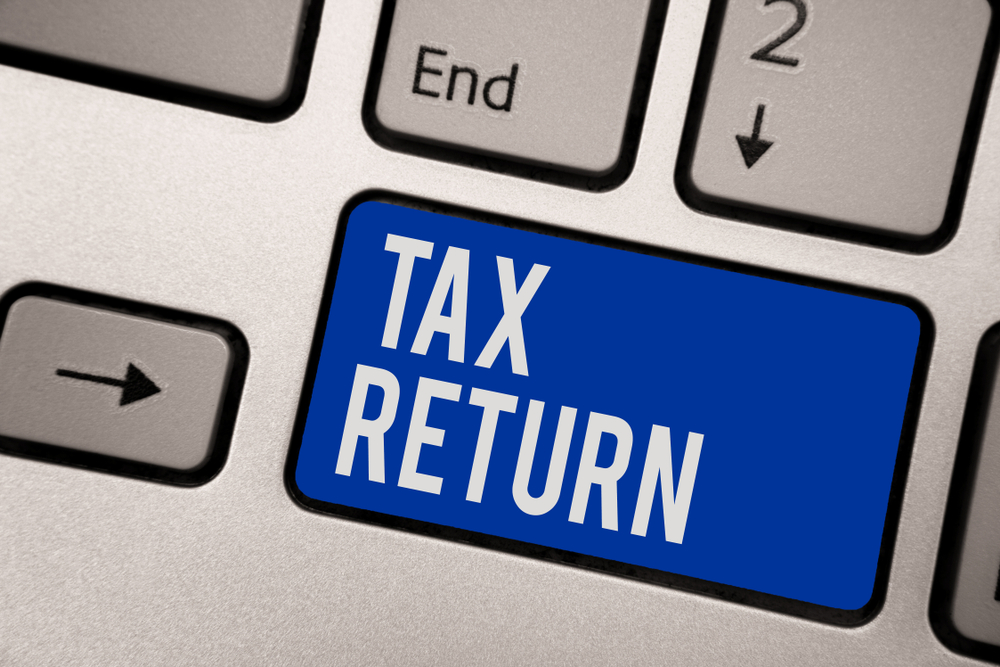It’s that time again. No, not New Years, it’s tax season!
Filing a tax return can be overwhelming for anyone, but it can feel especially complicated when you’re a young adult preparing your first return. You must file a tax return if you earned more than $10,000 and you will likely want to if you earned less than that to claim a refund. The steps below will help make this rite of passage into adult life a bit less stressful.
Collect Your Financial Documents in a Single Folder
Every company you worked for last year should send you a W-2 statement that indicates your income earned and how much you paid in federal, state, and social security taxes. This is true whether you worked one day or the entire year. If you didn’t receive a W-2 by January 31, contact the company to find out why.
If you completed any work as an independent contractor, the company should send you a 1099 form listing miscellaneous income if you earned more than $600. Make sure that you collect all W-2, 1099, and other financial documentation in one folder and keep it in a safe place until you’re ready to start your tax return.
IRS Regulations Regarding Dependent College Students
Your tax situation gets a bit more complex when your parents provide more than half of your financial support and you earn your own income as well. Tax law allows them to claim you as a dependent on their own tax return, which means that you would be ineligible to claim the personal exemption credit on your own form. It’s usually beneficial for your parents to claim the deduction since it’s likely they have a higher income and would end up owing more taxes without it. Just make sure that each of you is aware of the other’s intent before submitting your returns or the IRS will reject them.
Choose to File Electronically and Receive Your Refund by Direct Deposit
The federal government and most state governments offer the option of receiving your tax refund via direct deposit. This can take several weeks off the time you must wait to receive your money. Filing electronically requires you to make a small investment in tax software or hire an accountant to complete your return. One benefit of using software or working with an accountant is that both can uncover deductions you may not have realized you could take, such as state sales tax, car registration, and job search expenses.
File Form 1040EZ Whenever Possible
If you earn less than $100,000 annually, are unmarried, have no dependents, and don’t own a home, you should file your taxes using Form 1040EZ. This is the far simpler option than any other tax form. It’s a good idea to use tax software or hire an accountant if you’re unclear about which form to use since you can find out by answering a few easy interview questions.
Submit Your Federal and State Tax Returns by April 15
You must postmark or electronically submit your taxes by April 15 to avoid a late penalty. The deadline extends to the following Monday if April 15 falls on a weekend. If you think you’re going to need an extension, request it as soon as possible.
Although you might not enjoy this chore, don’t be in such a hurry to finish it that you make careless mistakes. It could cost you in missed refund opportunities, penalties, or other attention from the IRS that you don’t want. With this being your first year to file, it’s a good idea to have a parent or other older adult review your forms if you choose not to buy software or work with an accountant.

